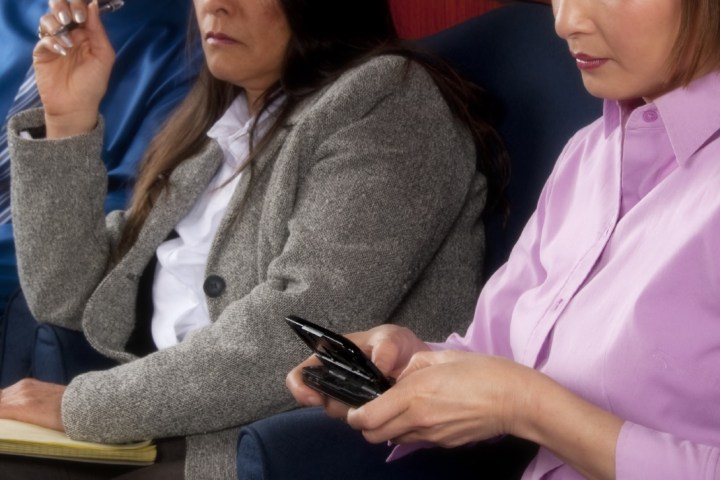
The severity of the fine would likely be up to the judge, perhaps based on the extent of the offense. Someone opening up the Twitter app to check out random posts from their friends would likely be fined far less than someone that posted extensive details of the trial on their Facebook account. Prior to the majority of trials, judges will warn jurors not to research the case online or post about the events of the trial on social networks.
Speaking about the natural tendency to break these rules, Assemblyman Rich Gordon of the 24th California Assembly District said “We are all on our cellphones and iPads all the time. The problem with that is that it can lead to a mistrial. We’ve seen that happen across the country where verdicts have been tossed out, trial have had to be redone.”
According to the details of the legislation, California will hold a pilot program of this new fining system starting on or before July 1, 2017 and run for approximately five years in a number of unnamed California courts. If the system is successful, state officials would likely expand out to all courts in California. It’s also possible it could spread to other states if these types of juror incidents fall dramatically over the five year time period.
Editors' Recommendations
- Twitter is facing its own outages as Facebook users flock to other sites
- Zuckerberg: Facebook wouldn’t have fact-checked Trump
